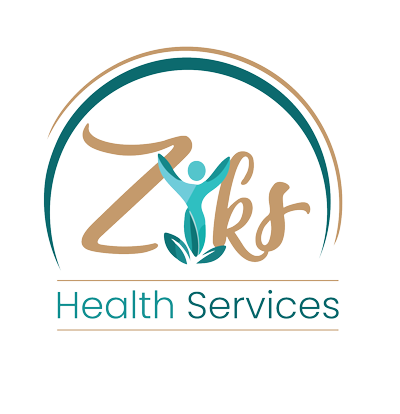With outbreaks and epidemics becoming more common, taking measures to protect public health by preventing the spread makes sense. Bear in mind that the mental health of the population, especially vulnerable groups such as children and elderly, is the need of the hour. Children, the elderly, people with disabilities, health personnel need to stay in contact with the sick and make timely arrangements to place those in need in isolation and quarantine.
Mental Health Medication Management is here to help
It is common for people to feel stressed by fear of illness and death of themselves or loved ones. You may be concerned about work and the possible decrease in income, fear of being excluded, feeling incapable of protecting loved ones, loneliness, and helplessness if isolation is necessary.
Previous epidemics have documented an increase in the incidence of anxiety, depressive and stress-related disorders in these groups, and relapses in people with a history of problems related to psychoactive substances. In fact, in this context, some countries have developed Mental Health Medication Management applicable at all times to reduce the psychological impact on the different groups, specifically for ones breaking down in mental health recovery.
In this line, the following recommendations are given:
- It is essential to seek information from reliable sources such as the websites of universities, the Ministry of Health, or the World Health Organization. A real danger exists, but rumors and misinformation can unnecessarily increase stress.
- The time you and your family spend obtaining information about the epidemic should be limited. For example, one or two hours a day. Avoid spend all day looking for information because you know it can increase anxiety.
- Maintain contact with people who are isolated due to being infected or quarantined using the phone, text messages, or on social networks.
- You may have to stay at home. You must understand that to stay safe, activities need planning to make the situation more bearable. Implement new routines with children and families. Do work from home. Lead a healthy lifestyle (proper diet, exercise, enough hours of sleep) and maintain social contact using the phone and social networks.
- If you live with an older or older adult with memory problems, you should give clear information about how to reduce risk in words you can understand. Repeat this information as many times as necessary.
- Being locked up for a long time can cause discomfort, but take advantage of activities such as reading, playing board games, exercising, or whatever you want. It is good to plan the day so that you feel autonomous and calm.
- It is normal to feel sad, nervous, worried, or irritable during moments like these. Try to talk to people you trust, and if you feel like you are losing control of the situation, seek help from Mental Health Medication Management.
- Do not use tobacco, alcohol, or other drugs to cope with stress.
In this particular situation, you should know when to seek the attention of mental health professionals, preferably by Telehealth service providers.

